Nutrigenomics: Implications for Breast and Colon Cancer Prevention
互联网
互联网
相关产品推荐
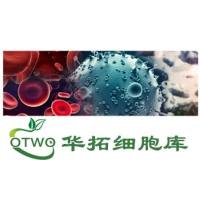
Colon26、C26小鼠结肠癌细胞|Colon26细胞|小鼠结肠癌细胞|C26细胞|小鼠结肠癌细胞|Colon26
¥1500
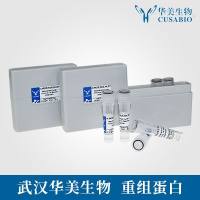
Recombinant-Human-Sideroflexin-4SFXN4Sideroflexin-4 Alternative name(s): Breast cancer resistance marker 1
¥11774
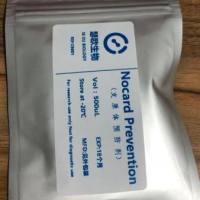
Nocard Prevention 支原体预防剂
¥268
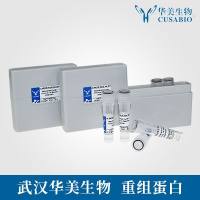
ICT1/ICT1蛋白Recombinant Human Peptidyl-tRNA hydrolase ICT1, mitochondrial (ICT1)重组蛋白39S ribosomal protein L58, mitochondrial ;MRP-L58Digestion substraction 1 ;DS-1Immature colon carcinoma transcript 1 protein蛋白
¥1344
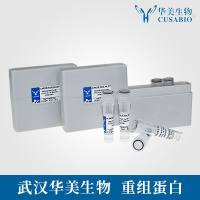
PTK7/PTK7蛋白Recombinant Human Inactive tyrosine-protein kinase 7(PTK7) (Active)重组蛋白Colon carcinoma kinase 4 (CCK-4); Protein-tyrosine kinase 7;Pseudo tyrosine kinase receptor 7; Tyrosine-protein kinase-like 7蛋白
¥1908
相关问答

